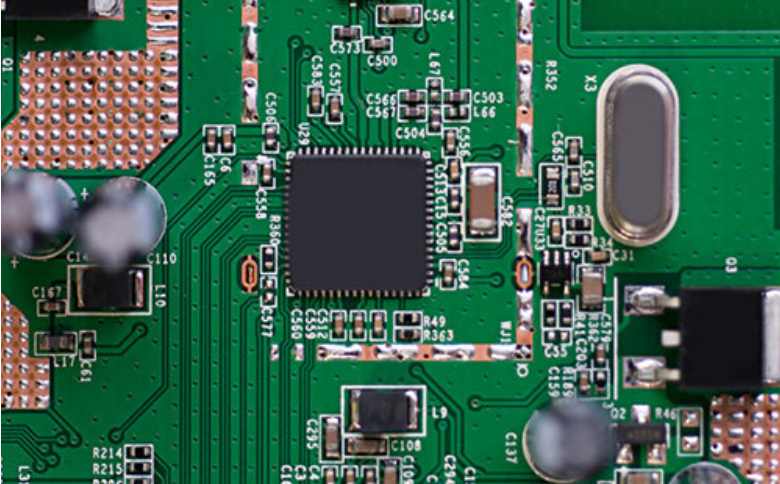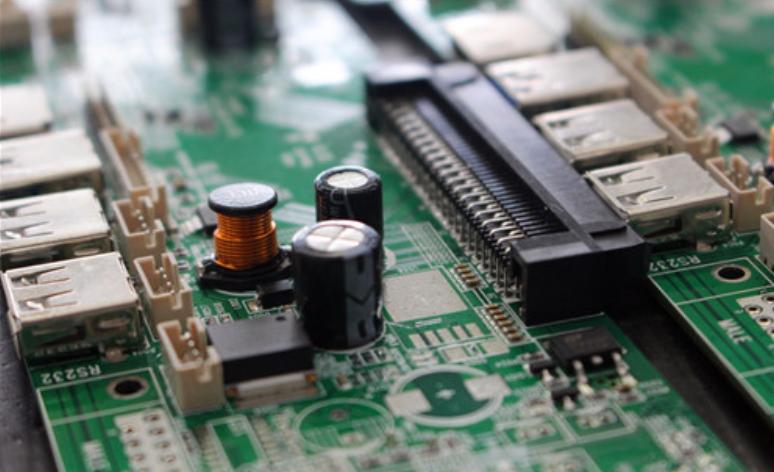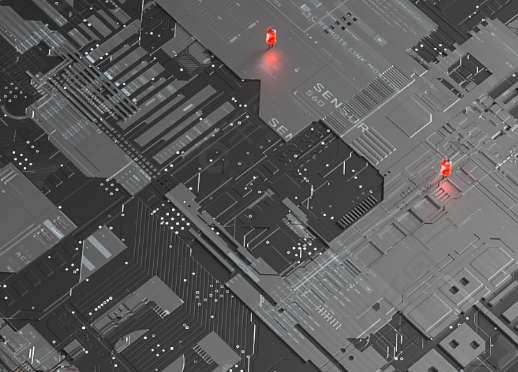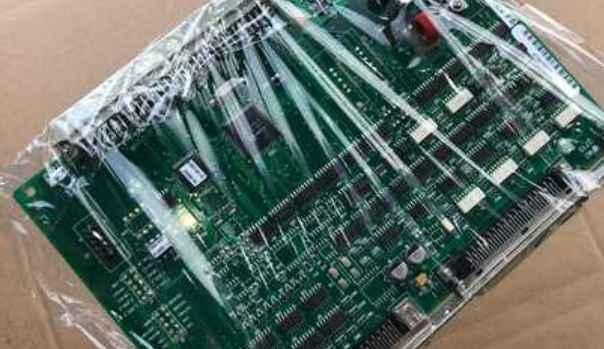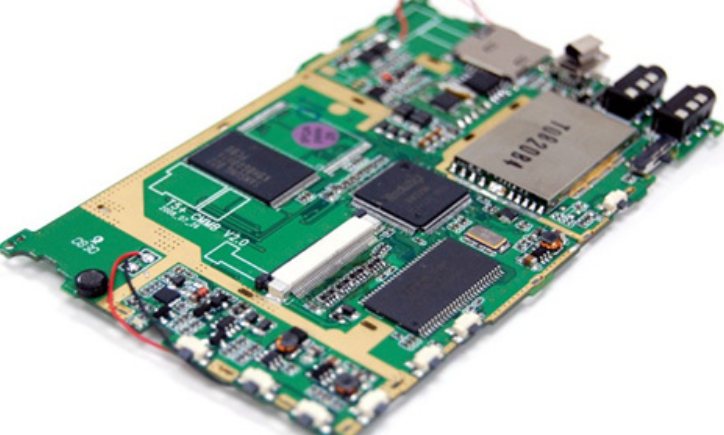
In the process of PCBA production, the selection of PCBA transtin is also very important. In the process of through hole plug-in, PCB board can't pass through tin well, which is easy to cause problems such as virtual welding, tin cracking and even falling parts.
We should understand these two points about PCBA transtin:
One, PCBA tin penetration requirements
According to the IPC standard, the PCBA tin penetration requirement of the through-hole solder joint is generally more than 75%, that is to say, the solder surface of the opposite appearance inspection standard is not less than the aperture height (plate thickness) of 75%, PCBA tin penetration in 75%-100% are appropriate. The plated through hole is connected to the heat dissipation layer or heat conduction layer, the PCBA tin penetration is required to be more than 50%.
Two, influencing factors of PCBA tin penetration
The poor tin penetration of PCBA is mainly affected by materials, wave soldering process, flux, manual welding and other factors.
Specific analysis of factors affecting tin penetration of PCBA:
1. Materials
Tin, when melted at high temperatures, is highly permeable, but not all welded metals (printed circuit boards, components) are permeable. Aluminum, for example, usually forms a compact protective layer on its surface, and the molecular structure inside makes it difficult for other molecules to penetrate. Second, if there is an oxide layer on the surface of the welded metal, it will also prevent the penetration of molecules. We generally use flux treatment, or gauze brush clean.

2. Wave soldering process
Naturally, the poor tin penetration of PCBA is directly related to the wave crest welding process. The welding parameters with poor tin penetration, such as wave height, temperature, welding time or moving speed, should be re-optimized. First of all, the Angle of the track should be lowered a little, and the height of the crest should be increased to improve the contact between the liquid tin and the welding end. Then, increase the temperature of wave crest welding. Generally speaking, the higher the temperature, the stronger the permeability of tin, but this should consider the bearable temperature of the components; Finally, it can reduce the speed of the conveyor belt, increase the preheating and welding time, so that the flux can fully remove oxides, infiltrate the welding end, and improve the amount of tin.
3. Flux
Flux is also an important factor affecting poor tin penetration of PCBA. Flux mainly plays a role in removing surface oxides of PCB and components and preventing reoxidation in the welding process. Poor selection, uneven coating and too little flux will lead to poor tin penetration. Can choose famous brand of flux, activation and infiltration effect will be higher, can effectively remove difficult to remove oxides; Check the flux nozzle, and replace the damaged nozzle in time. Ensure that the surface of PCB circuit board is coated with appropriate flux to exert the welding aid effect of flux.
4. Manual welding
In the actual plug-in welding quality inspection, a considerable number of welds only form conical surface solder, and there is no tin penetration through the hole. In the functional test, it is confirmed that many of these parts are virtual welding. This situation is more common in manual plug-in welding, because the temperature of the soldering iron is inappropriate and the welding time is too short. Poor tin penetration of PCBA is easy to lead to virtual welding problems and increase the cost of repair. If the requirements for tin penetration of PCBA are relatively high and the welding quality is relatively strict, selective wave soldering can be adopted to effectively reduce the problem of poor tin penetration of PCBA.


